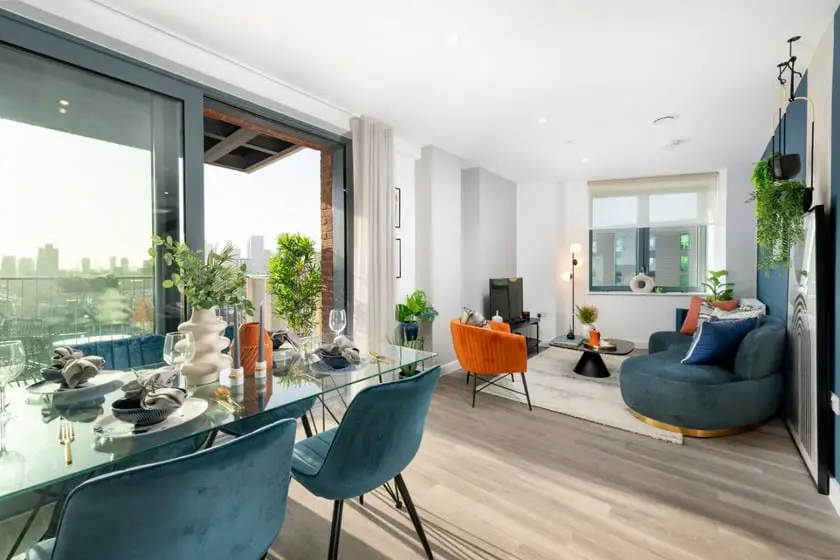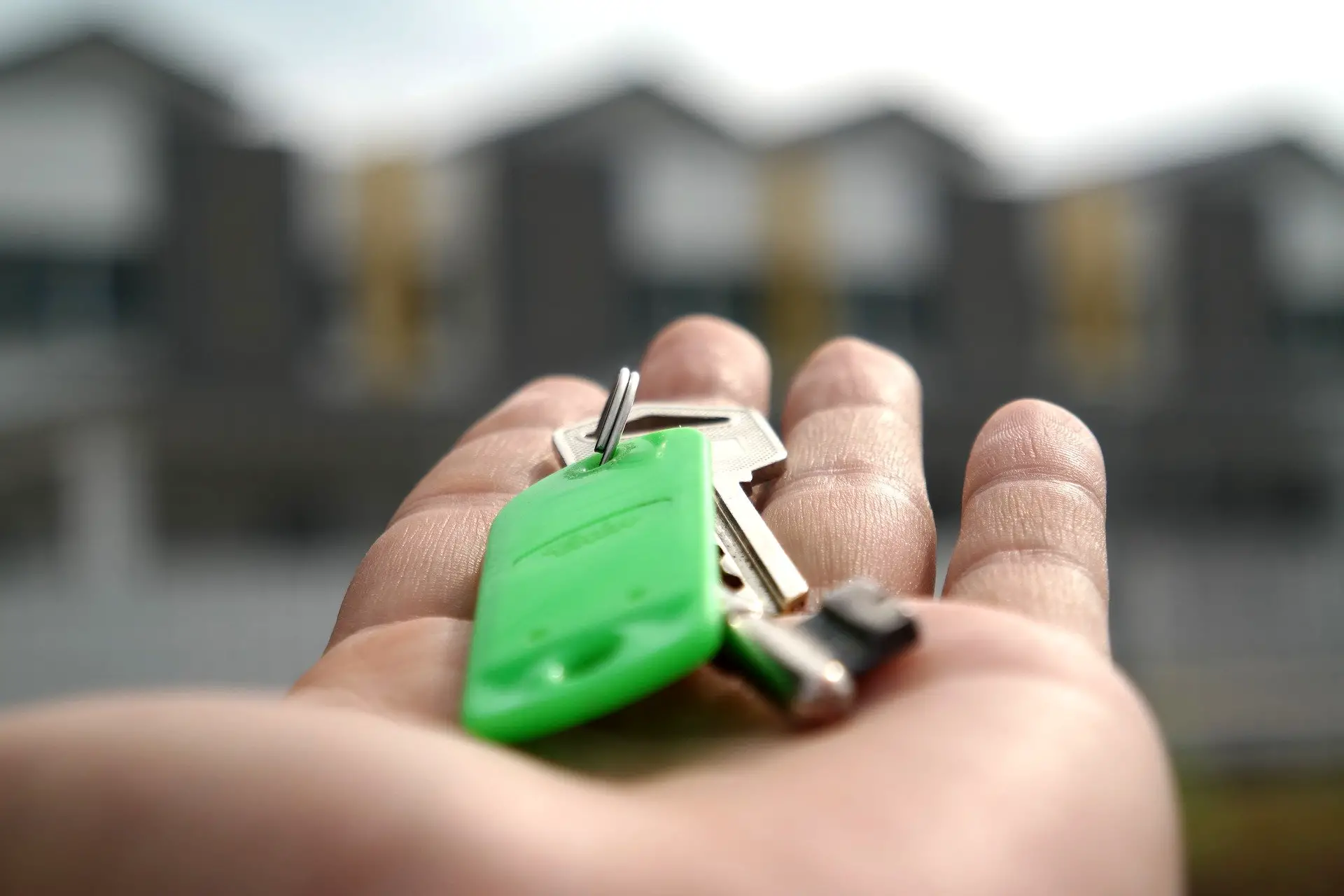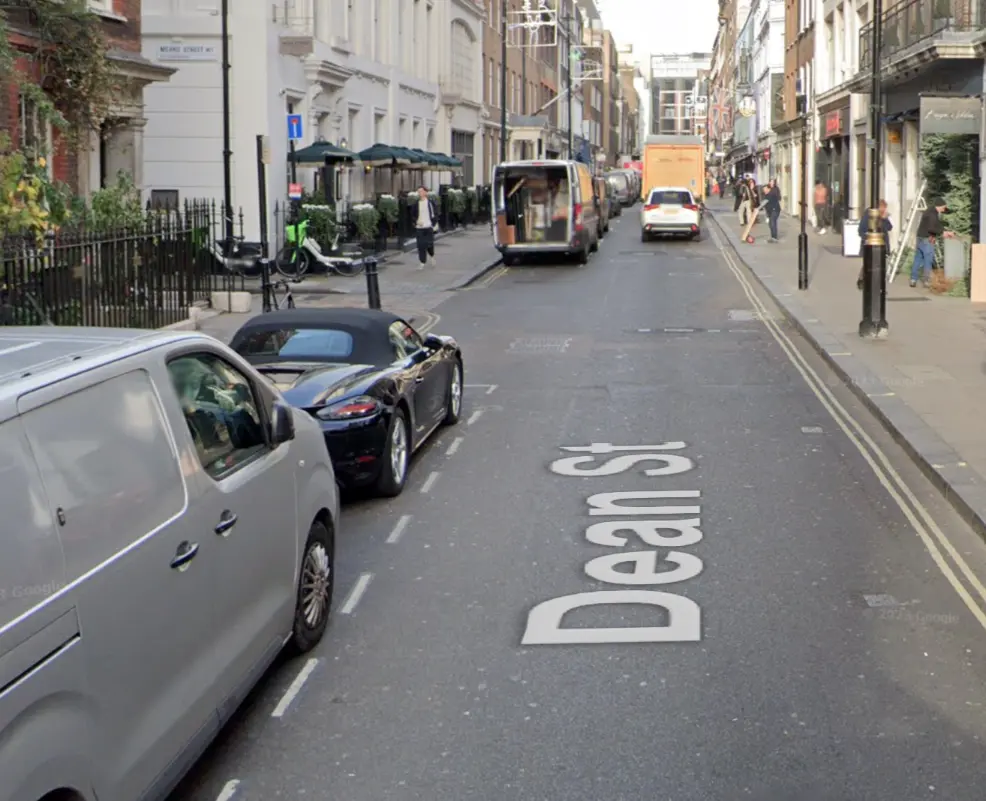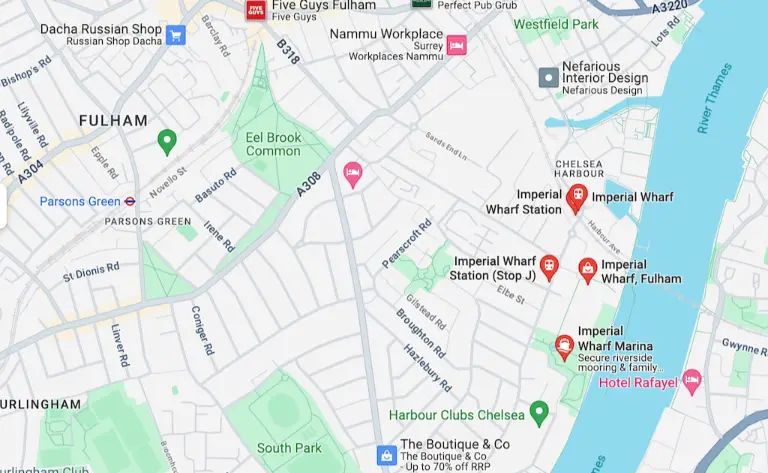Buying a new home is one of the most stressful processes you can go through, but also one of the most rewarding.
At times, finding a new property, navigating the minefields that are searches, solicitors, and mortgage lenders, and getting the keys in your hand can be demoralising and fraught with setbacks. However, once you turn the key in the lock and walk into the place you will call home, the wait will almost certainly be worth it.
The first year in a new home is perhaps the most unsettling. A house has so many quirks, little noises that you get used to, and other such elements, and getting to know them is like getting to know a person. Those first few months are critical in understanding your property and what you can expect from it.
If you are a first-time buyer, there is even deeper potential for problems, as we covered in our recent piece titled 5 Mistakes First Time Buyers Make. That said, the reward for a first-time buyer is even greater because simply getting on the ladder is a huge achievement. Even so, that first year in a home is still one in which you should consider a few salient points, as we discuss below.
Check the Alarms
Every year, the UK Fire Service is called to 600,000 fires which result in 800 deaths and more than 17,000 injuries. 140 per day are in the home, which is a sobering statistic that should ensure the first thing you do in your new home is to check the fire alarm. Do not stop there; check the carbon monoxide alarm too. If you cannot find one or the other, immediately head out and buy one.
Learn Locations
Emergencies happen all the time. You may find a pipe bursts, or a faulty electrical appliance trips a switch, but if you do, will you know where to go in your house to help combat them? Where is your fuse box, in the event of sudden darkness? If a pipe bursts, can you locate your stopcock quickly to stop the flow of water? Do the sinks in your home have an isolation valve on the pipework, meaning you would not need to stop the water supply to the whole house? These are the sorts of things you should learn very quickly about your new home.
Change the Locks
It is always a good idea to change the locks in a new home in the first few weeks after moving in. Even if you have been given a couple of sets of keys, there is no guarantee there are not others out there. Would you feel safe knowing a stranger potentially had access to your home? Of course not. Changing a lock is relatively straightforward and something you may be able to do yourself at a relatively low cost.
Insure Against Issues
If you have bought through a mortgage company, you are likely to already have insurance for the building, but consider protecting yourself in other ways too. Firstly, contents insurance can be important and help keep your possessions safe. Whilst Insurance Times happily reports burglary is on the slide due to the recent lockdown, accidental damage is still a threat to your prized possessions. That might be caused by something such as an escape of water, another aspect which you can protect yourself against. There is an increasing trend for insurance policies to cover specific services within the home, such as the heating, boiler, and electrics. In a new home, you may not know the boiler’s age or the plumbing history, so covering yourself against an expensive malfunction is a good idea. The selection of policies currently available to you is demonstrated on HomeServe, which shows that you can cover your plumbing, electrics, drainage, and boiler, or combinations of those services depending on your requirements. They tend to be relatively low cost, especially when compared to repairs and replacement parts.
Plan a Maintenance Schedule
Finally, plan a maintenance schedule. Go around the house, room by room, inside and outside, and note down everything that needs doing. You might need a new kitchen, or to repair an outside patio, but list everything that is pressing, and everything you would like to do. Order those in terms of importance and begin to put a schedule in place against your budget. This will help you keep on top of the basic repairs, as well as improve your home. It is important to remember that some mortgages come with caveats, such as strengthening a firewall in the loft between two homes. If that is the case in your home, make sure those jobs are prioritised.








